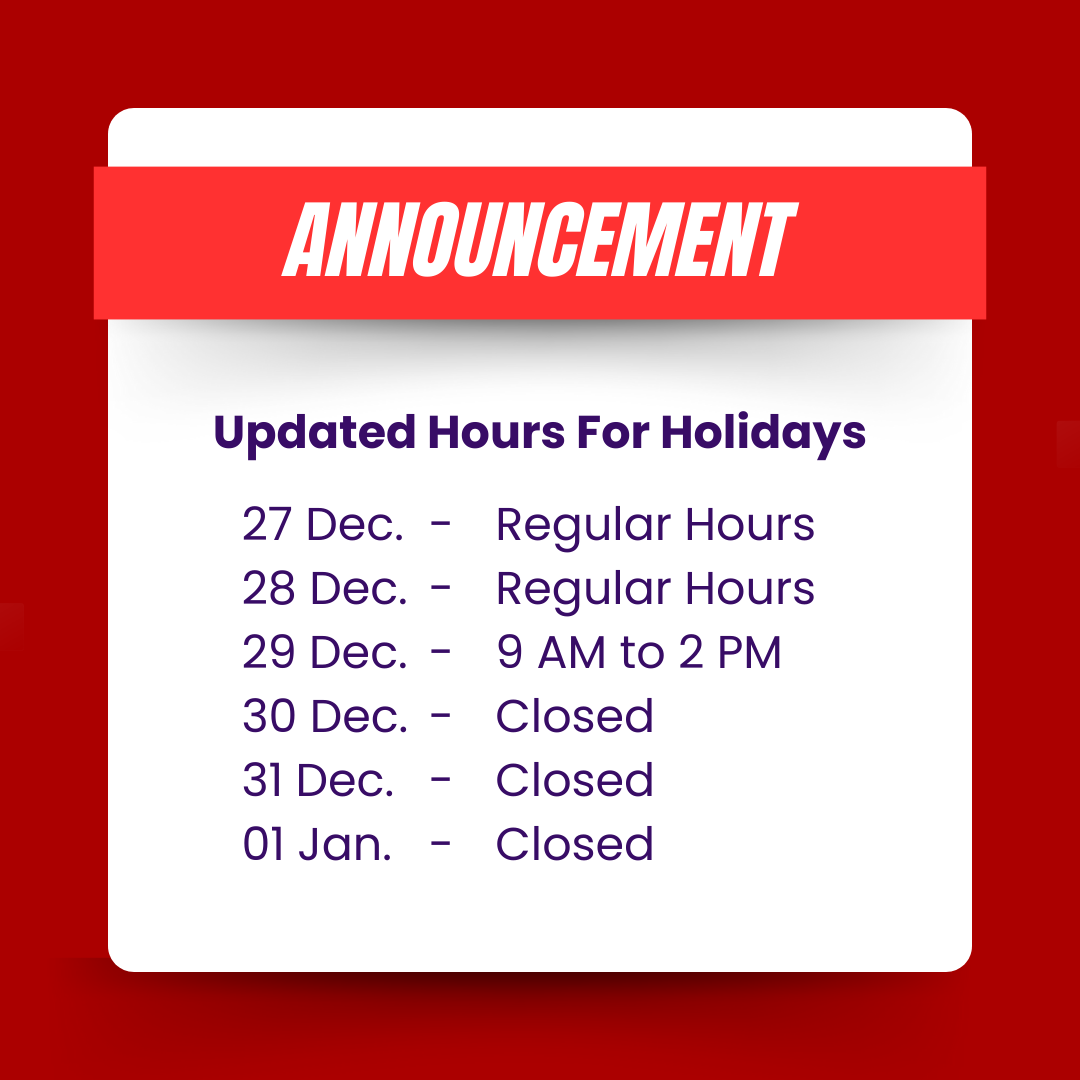As a business owner operating in today’s dynamic marketplace, ensuring the safety and security of your commercial vehicles is paramount. However, selecting the right commercial vehicle insurance can be a daunting task, with numerous coverage options and providers to consider. In this comprehensive guide, we will explore the essential factors to consider when choosing commercial vehicle insurance, empowering you to make informed decisions that safeguard your assets and mitigate risks. Ready to safeguard your business? Explore the perfect commercial vehicle insurance with Aaxel Insurance today!
Understanding Your Business Needs
The first step in choosing the right commercial vehicle insurance is to assess your business’s unique needs and requirements. Consider factors such as the type and size of your fleet, the nature of your operations, and the specific risks associated with your industry. Whether you operate a small delivery service or manage a fleet of heavy-duty trucks, understanding your business’s needs is crucial to selecting appropriate coverage that provides adequate protection.
Coverage Options and Policy Types
Commercial vehicle insurance policies offer a range of coverage options tailored to meet the diverse needs of businesses. Common types of coverage include liability insurance, which protects against claims for bodily injury or property damage caused by your vehicles, and collision coverage, which covers the cost of repairing or replacing vehicles damaged in accidents. Additionally, comprehensive coverage can protect against non-collision-related incidents such as theft, vandalism, or natural disasters.
Customizing Coverage Limits and Deductibles
When choosing commercial vehicle insurance, it’s essential to customize coverage limits and deductibles to align with your business’s risk tolerance and budgetary constraints. While higher coverage limits provide greater protection against potential losses, they also come with higher premiums. Similarly, adjusting deductibles—the amount you pay out of pocket before insurance coverage kicks in—can help balance cost and coverage to suit your business’s needs.
Consideration of Specialized Coverage Needs
Depending on the nature of your business and the industry you operate in, you may require specialized coverage options to address unique risks and exposures. For example, if your business involves transporting hazardous materials or operating specialized vehicles such as refrigerated trucks or tow trucks, you may need additional coverage for environmental liability, cargo insurance, or equipment breakdown coverage. Working with an experienced insurance agent or broker can help identify and address your business’s specialized coverage needs.
Comparing Insurance Providers
With a plethora of insurance providers vying for your business, it’s essential to conduct thorough research and compare quotes from multiple insurers. Consider factors such as the insurer’s financial stability, reputation for customer service, claims handling process, and coverage options offered. Online resources, customer reviews, and recommendations from industry peers can provide valuable insights into insurers’ reliability and suitability for your business.
Reviewing Policy Exclusions and Limitations
Before finalizing your commercial vehicle insurance policy, carefully review the policy exclusions and limitations to ensure you understand what is and isn’t covered. Common exclusions may include intentional acts, racing or speed contests, or using vehicles for purposes not specified in the policy. Additionally, be aware of any limitations on coverage for drivers with certain driving histories or vehicles used outside of designated territories.
Understanding Premium Factors and Discounts
Several factors influence the cost of commercial vehicle insurance premiums, including the type and size of vehicles insured, the driving records of covered drivers, the business’s claims history, and the coverage limits selected. Insurers may offer discounts for implementing safety measures such as installing GPS tracking devices, anti-theft systems, or driver training programs. Additionally, bundling multiple insurance policies with the same provider can often result in cost savings through multi-policy discounts.
Ensuring Regulatory Compliance
Compliance with regulatory requirements is essential when choosing commercial vehicle insurance, as failure to maintain adequate coverage can result in severe penalties and legal consequences. Ensure that your insurance policy meets or exceeds the minimum coverage requirements mandated by state or federal regulations, including liability insurance limits and proof of insurance documentation. Regularly review and update your insurance coverage to remain compliant with changing regulations and avoid potential fines or sanctions.
Building a Relationship with Your Insurer
Establishing a strong relationship with your insurance provider is vital for ensuring ongoing support, assistance, and advocacy in the event of a claim or dispute. Choose an insurer that demonstrates a commitment to customer service, responsiveness to inquiries or concerns, and a willingness to provide guidance and support throughout the insurance process. By fostering open communication and trust with your insurer, you can navigate the complexities of commercial vehicle insurance with confidence and peace of mind.
Conclusion
Selecting the right commercial vehicle insurance is a critical aspect of protecting your business assets, managing risks, and ensuring continuity of operations. By understanding your business’s unique needs, customizing coverage options, comparing insurance providers, and prioritizing regulatory compliance, you can make informed decisions that safeguard your business against potential losses and liabilities. Remember, investing in comprehensive and tailored insurance coverage is an investment in the long-term success and sustainability of your business. Elevate your peace of mind behind the wheel. Take the first step towards comprehensive protection with Aaxel Insurance!







